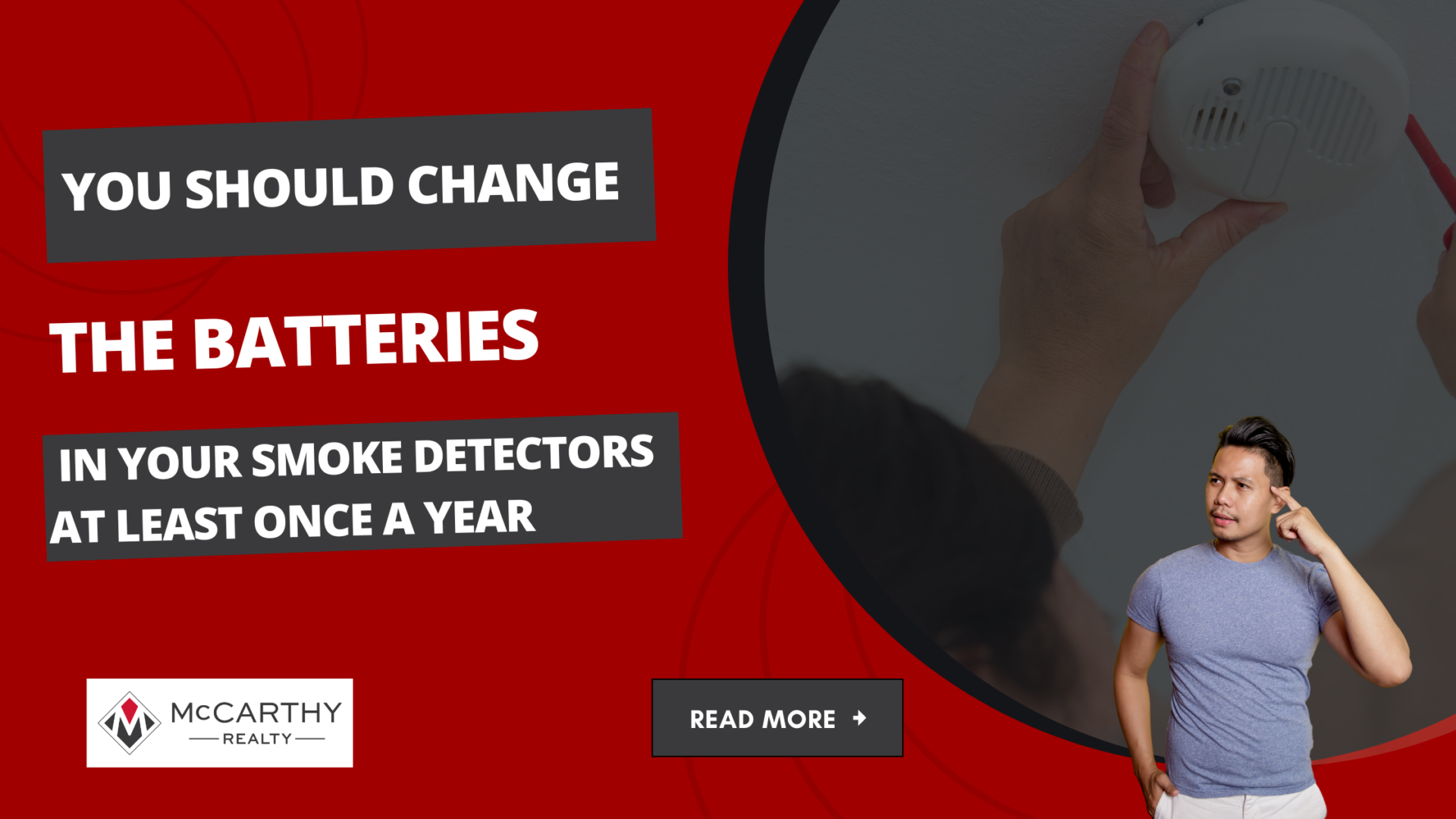Fire safety is a crucial aspect of daily life. It is essential to be prepared for any potential fire hazards, whether at home, in the workplace, or public places. Regular fire safety checks are key to preventing fires from starting and ensuring that everyone is safe in an emergency. This article will discuss the fire safety checks that should be done at least once a year to minimize the fire risk.
Smoke detectors
Smoke detectors play a crucial role in fire safety by alerting the presence of smoke, which could signify a fire. It is advisable to check smoke detectors at least once a year. If the smoke detector runs on batteries, replace them if they are low or dead. On the other hand, if the smoke detector is attached to the electrical system, verify that it is connected and functioning properly.
Electrical systems
Electrical systems are a common cause of fires, and performing regular checks can greatly minimize the associated risk. It’s important to inspect all electrical outlets and switches for any signs of damage or overheating, as this can indicate a potential electrical fire. If you notice any frayed wires or loose connections, ensure they are repaired immediately to prevent potential electrical malfunctions and reduce fire risk. It’s also crucial to ensure that all electrical appliances are functioning correctly and to avoid overloading electrical circuits, as this can cause electrical fires. Make sure to check for proper operation regularly and to replace any damaged or worn electrical cords or appliances. Additionally, if you notice any unusual behaviours, such as flickering lights, sparks or an electrical odour, immediately turn off the power and seek help from a qualified electrician. Taking the necessary precautions and performing routine checks can help prevent electrical fires and keep your home or workplace safe.
Heating equipment
Heating equipment, such as furnaces and boilers, poses a significant fire hazard, and regular checks can help to reduce the risk. It’s crucial to ensure that the equipment is in good working order and free from any signs of damage or wear and tear. Proper ventilation should be provided for the heating equipment to prevent flammable gases’ buildup and ensure safe operation. Additionally, ensure that the equipment is not obstructed by flammable materials, such as curtains, paper or other combustibles, as this can increase the fire risk. Regular maintenance and inspection of heating equipment can prevent potential malfunctions and minimize fire risk. If you notice any issues, it’s advisable to have them repaired by a qualified professional to ensure safe operation.
Fire escape routes
Fire escape routes play a vital role in ensuring the safety of all individuals in the event of a fire. Conducting regular checks can minimize the risk of fire. The fire exits should be clearly marked, easily accessible, and free from obstructions. It is also important that all occupants are familiar with the fire escape routes and have a designated meeting place outside the building in case of an emergency. It can greatly improve the chances of a safe and timely evacuation. In addition, it’s advisable to conduct fire drills periodically to familiarize everyone with the evacuation process and ensure that the escape routes are clear and usable. Furthermore, make sure to keep the escape routes well-lit, free from clutter, and regularly checked to ensure they remain accessible at all times.
Housekeeping
Maintaining good housekeeping practices is an important aspect of fire safety, and regular checks can help minimize the fire risk. It’s important to ensure that the premises are free from clutter and potential fire hazards, such as piles of flammable materials or stacked newspapers. Regular checks can help identify these hazards and ensure that they are properly disposed of or stored safely. Additionally, it’s important to educate everyone who uses the premises on the importance of keeping the area clean and free from clutter. Encouraging everyone to regularly tidy up and properly store materials can help minimize the risk of fire and keep the premises safer for everyone. Practicing good housekeeping and conducting regular checks can help prevent fires and keep the premises safe.
Conclusion
For fire hazards or equipment that is not working properly, take immediate action to have them repaired or replaced. Remember, taking the necessary precautions and conducting regular fire safety checks can save lives and prevent devastating property damage. By making fire safety a priority and being proactive in identifying and addressing potential hazards, you can ensure that you, your family, and your community are protected.

